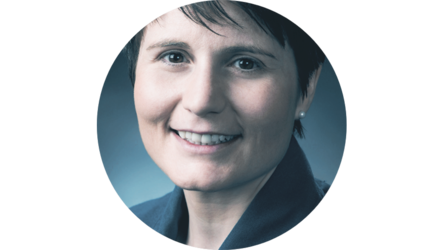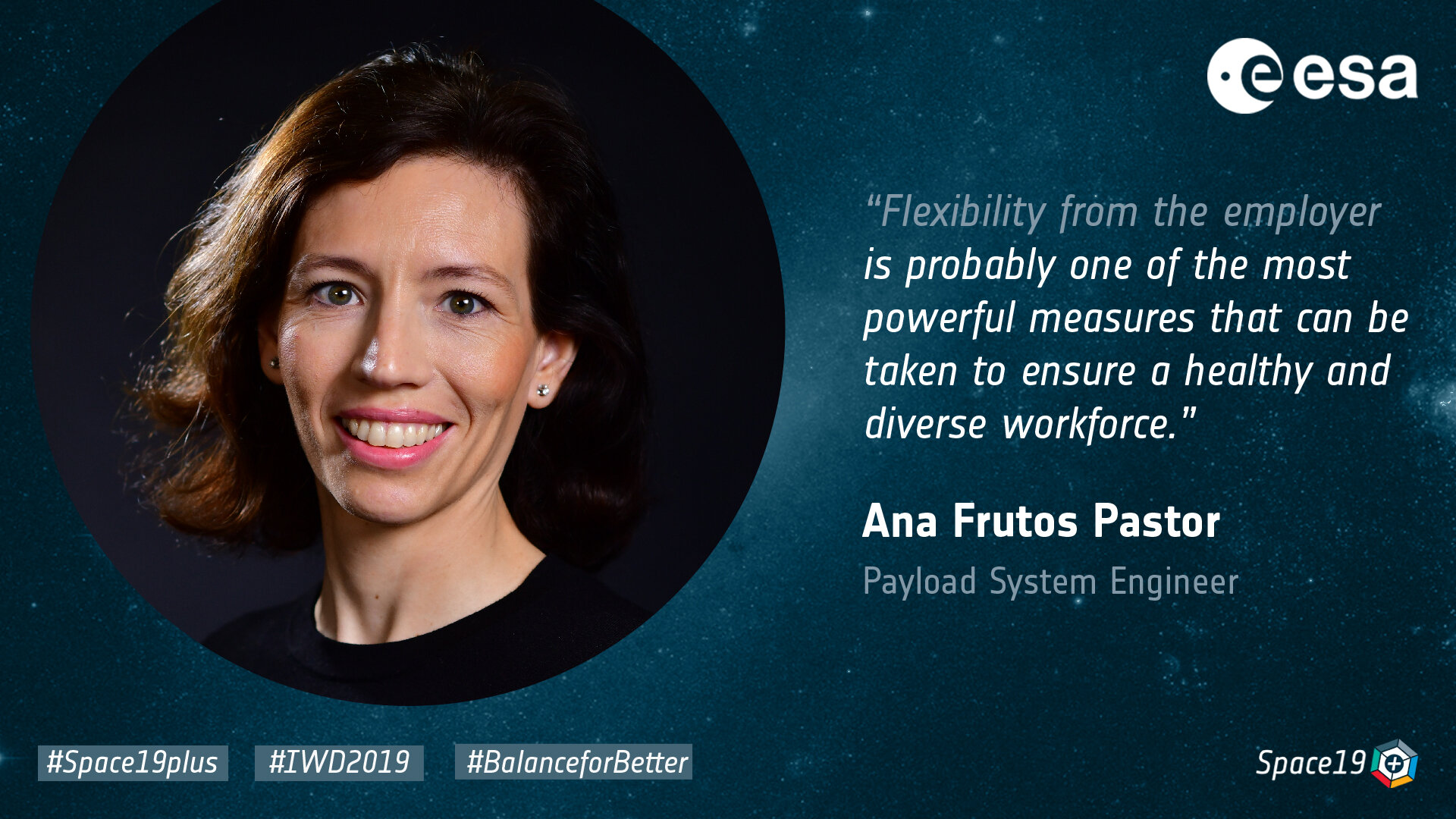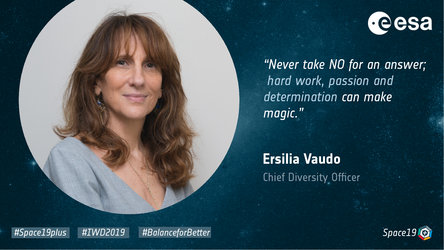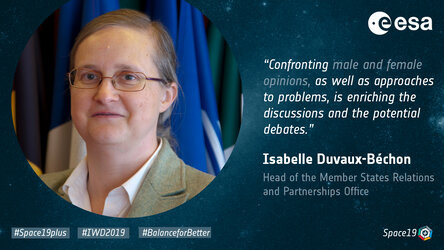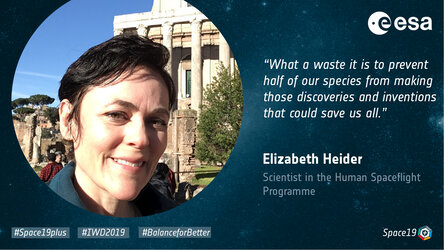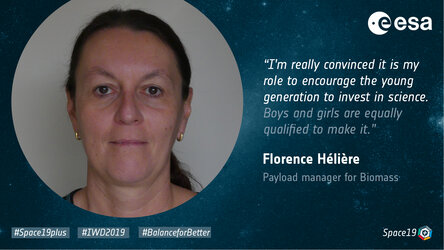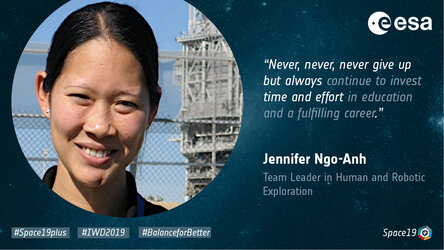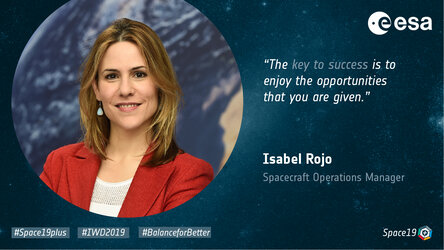Ana Frutos Pastor, ESA Payload System Engineer
Please give a brief description of your duties at ESA.
I work as a payload system engineer for experiments for the International Space Station (ISS). I am involved in the development of the hardware that will enable scientists to perform their research in space. I started as a Young Graduate Trainee (YGT) in 2008. This means I have now worked at ESTEC for more than 10 years already!
What inspired you to pursue a career in science and engineering and what motivated you to join ESA specifically?
When I was little, I was very interested in the stars, the planets and the universe in general: I could spend hours looking at the night sky. I also had many books from which I learnt about building and performing my own experiments at home.
Already in high school I had it very clear in my mind that I wanted to be an aerospace engineer and work for ESA: I was always fascinated about the space missions that, thanks to European cooperation, were performed at ESA and I wanted to be a part of it.
Did you encounter gender barriers on your way to becoming a scientist / engineer?
Not really. Luckily, once you are determined to become an engineer, it mainly depends on your own capabilities and motivation to successfully complete your engineering degree.
What progress have you seen in addressing the gender imbalance in your profession through equal-opportunity measures in recent years?
I see that in my generation of engineers there is an improved balance, especially compared to the older generations of engineers in the agency. So things are improving. It is quite possible this is due to the combination of equal-opportunity measures taken in the aerospace sector. Of course, many other factors can play a role here as well, as gender stereotypical career paths for girls and boys are less common now in the European educational systems, gradually resulting in a more balanced student body and workforce in science and engineering.
What are in your view three measures that could make a difference in supporting a work–life balance and at the same time equal opportunities for career perspectives.
Flexibility from the employer is probably one of the most powerful measures that can be taken to ensure a healthy and diverse workforce. Everyone is different and has different needs and ambitions. A modern employer accounts for that, especially when its employees are highly motivated, highly skilled and natural born problem solvers. Possible solutions could include:
- Making it easier for every employee to work part time so there is time in your week for other priorities, taking care of your family, volunteering or other passions;
- In our environment, as long as the job gets done well and on time, it should not really matter when or where the activities took place. More flexible working hours and the option to work remotely (when the nature of the work allows it) bring freedom to plan work next to other personal activities;
- Reward employees based on their achievements, rather than tenure or the ‘room’ for formal promotions in the organigram of the organisation. Set specific goals that an employee needs to meet in order to be promoted and then implement that once achieved.
What advice would you give to a girl or young woman who is considering a career in science and engineering?
I would say: Just do it! It is very rewarding to be involved in advancing knowledge and in solving the challenges that society will face in the coming decades. And I would of course give the same advice to a boy or young man facing the same opportunity.















 Germany
Germany
 Austria
Austria
 Belgium
Belgium
 Denmark
Denmark
 Spain
Spain
 Estonia
Estonia
 Finland
Finland
 France
France
 Greece
Greece
 Hungary
Hungary
 Ireland
Ireland
 Italy
Italy
 Luxembourg
Luxembourg
 Norway
Norway
 The Netherlands
The Netherlands
 Poland
Poland
 Portugal
Portugal
 Czechia
Czechia
 Romania
Romania
 United Kingdom
United Kingdom
 Slovenia
Slovenia
 Sweden
Sweden
 Switzerland
Switzerland



